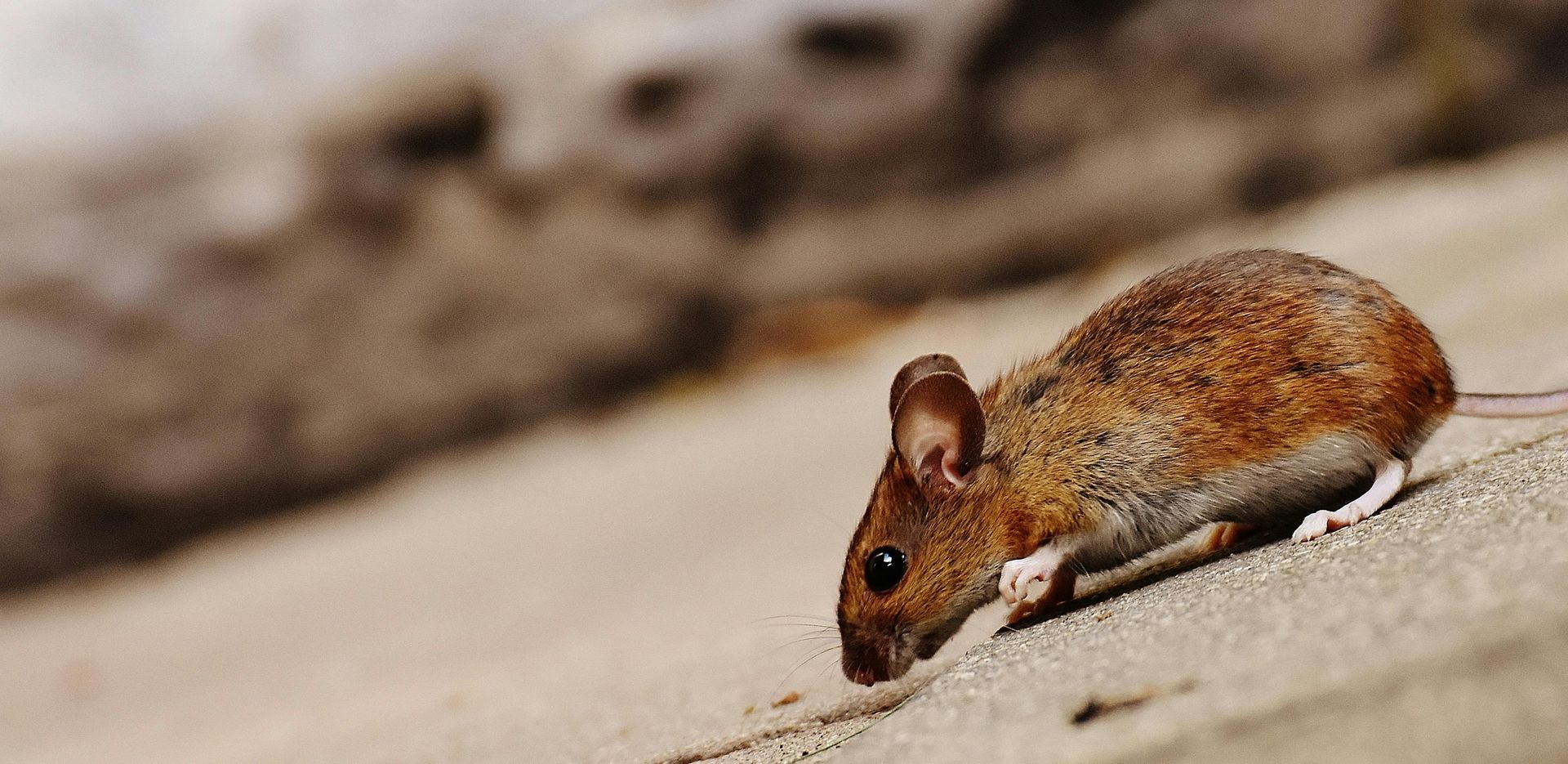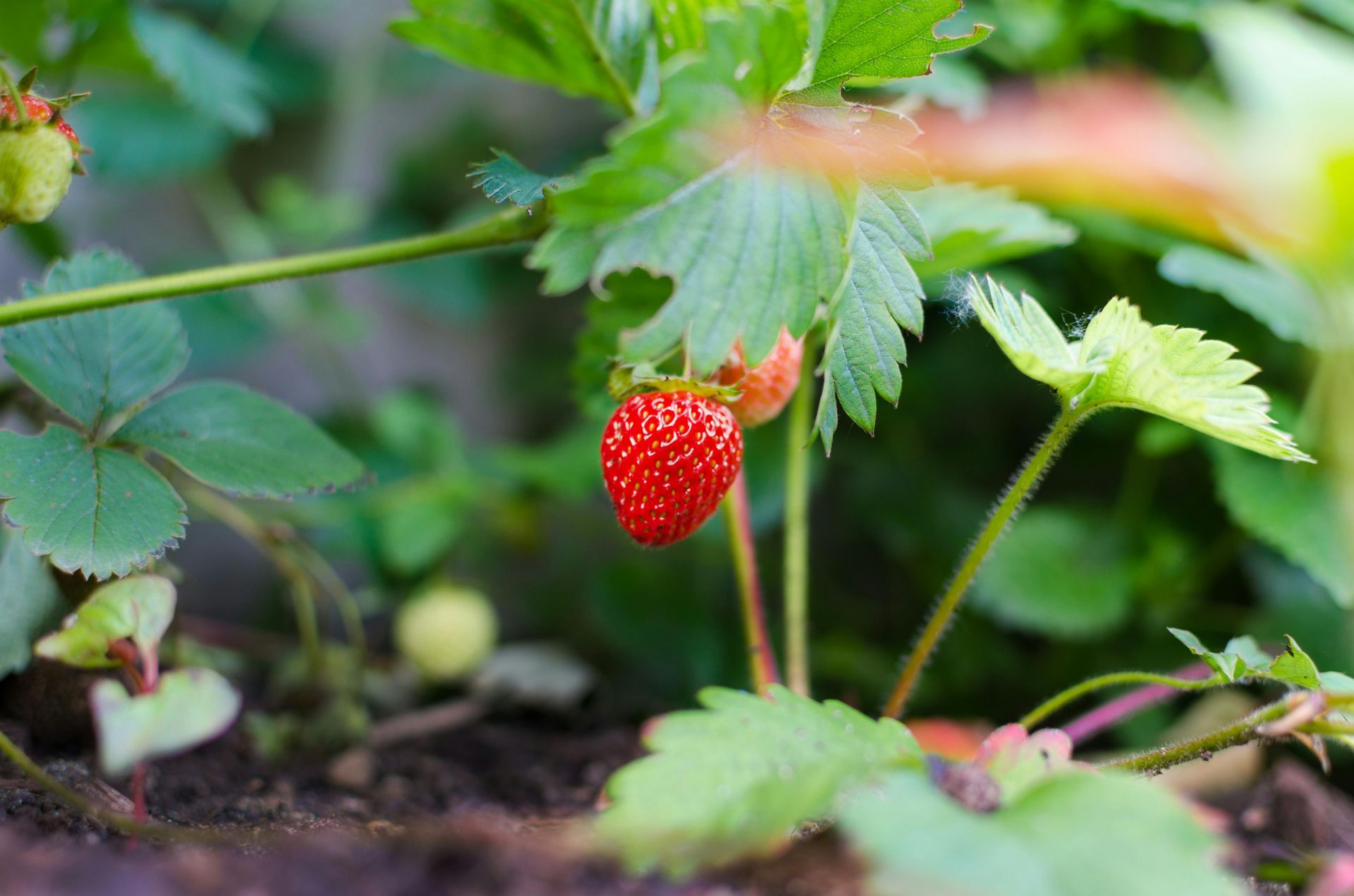How to Effectively Manage Nevada's Nocturnal Pest Problems
In Nevada, dealing with nocturnal pests can be a persistent challenge for residents. From pesky rodents to bothersome insects, these creatures can disrupt the peace and comfort of homes during the night. By understanding the habits and behaviors of these pests and implementing targeted prevention and control measures, residents can reclaim their homes and enjoy peaceful nights free from unwanted intruders.
Nevada's Nighttime Nuisances: Understanding the Challenge
Nevada, with its diverse landscapes ranging from deserts to mountainous areas, is home to various nocturnal pests that become active when the sun goes down. Among these nightly visitors, scorpions and certain rodents are the most common nuisances for homeowners. Scorpions, particularly the Bark Scorpion which is prevalent in the Nevada region, are known for their painful stings. Rodents such as rats and mice seek shelter and food, often invading homes during the night. Other nocturnal pests in the area include spiders, cockroaches, and certain types of ants, all of which can present different challenges to residents.
The behaviors of nocturnal pests significantly complicate management efforts. These creatures are naturally equipped to navigate and hunt in the dark, often going unnoticed until they've established considerable presence. Scorpions, for example, use the cover of night to hunt for food but during the day, they hide under rocks, logs, and within crevices of homes, making them hard to locate. Similarly, rodents are elusive, using the dark to scavenge for food and materials to nest, often within the walls of homes, out of sight of homeowners.
Nighttime pest management holds particular importance for Nevada residents. The state’s warm climate is ideal for pests, allowing them to stay active longer throughout the year. Managing these pests isn’t just a matter of convenience; it’s essential for ensuring health and safety. Scorpion stings can lead to severe medical issues, especially in children and pets. Rodents and other pests can carry diseases, contaminate food sources, and cause significant property damage if left unchecked. The presence of these pests can disrupt sleep and cause anxiety, affecting the well-being of residents.
Understanding the unique challenges posed by nocturnal pests in Nevada is the first step toward effective management. Homeowners should be aware of the most common nocturnal pests in their area, their behaviors, and their potential risks. This knowledge is crucial for developing effective strategies to prevent and manage these nighttime nuisances. As we move forward, prevention and active management will be key in ensuring the safety and comfort of Nevada homes from these unwelcome nocturnal visitors.
Prevention Strategies for Homeowners
To keep those Nevada nighttime nuisances at bay, homeowners can take several preventative steps. Effective home sealing is the first line of defense against pests seeking shelter. Sealing cracks, crevices, and openings around doors, windows, and the foundation can significantly reduce pest entry. Installing weather stripping and repairing damaged screens fortifies homes against pests.
Landscape management plays a crucial role in deterring nocturnal pests. Regularly trimming bushes, trees, and other vegetation near the home discourages pests from nesting close to living areas. Ensuring that yard waste is promptly removed limits potential hiding spots for pests like scorpions and rodents. Choosing plant species less attractive to pests can help in minimizing their presence.
Reducing outdoor lighting is also vital in avoiding pest attraction. Many nocturnal pests are drawn to light, making homes more susceptible to invasions. Using motion detectors or yellow bug lights can decrease the allure of these creatures without leaving areas completely dark.
Routine property checks at night allow homeowners to spot signs of pest activity early. Identifying and addressing issues promptly can prevent larger infestations.
Methods for Nocturnal Pest Management
For those dealing with pest invasions, there are several safe at-home solutions. Using diatomaceous earth or boric acid along potential entry points can deter pests without posing significant risks to humans or pets. Traps and baits offer a targeted approach to managing populations of nocturnal pests like rodents, but they must be used cautiously to avoid unintended harm to non-target animals.
Natural deterrents, including essential oils and plants like lavender and peppermint, have proven effective against certain pests. Integrating these into the home environment can contribute to a pest-free atmosphere. Maintaining a clean and clutter-free home is paramount. Regularly disposing of garbage, sealing food containers, and minimizing standing water can discourage pests from settling in.
The Role of Professional Pest Control
When prevention and at-home solutions prove insufficient, it’s time to consider professional intervention. Professional pest control services can offer a more comprehensive approach to managing infestations. Seeking professional help is especially recommended for dealing with scorpions and large rodent populations, where DIY efforts often fall short.
Professionals
provide customized pest management plans
tailored to the specific needs and challenges of your property. An emphasis on eco-friendly solutions ensures that pest control efforts do not adversely affect the environment or non-target species. Companies with an ecological ethos understand the delicate balance of Nevada's ecosystem, offering strategies that are both effective and sustainable.
In managing nighttime pests, a combination of preventive measures, at-home management strategies, and professional assistance forms a robust defense, ensuring the safety and comfort of Nevada homes against these nocturnal nuisances.
Tackling Nocturnal Pests: A Community Effort
In Nevada, the battle against nocturnal pests is not just fought in individual homes but across communities. The presence of pests like scorpions and rodents can significantly impact community well-being, leading to increased health risks and reduced quality of life. Creating awareness and encouraging community actions against these pests can lead to more effective management and reduction in their populations.
Community efforts can include organizing educational workshops on pest prevention, sharing successful management strategies, and coordinating neighborhood clean-up days to eliminate common pest harbors collectively. These initiatives not only foster a sense of community but also amplify the impact of individual prevention efforts.
One noteworthy example is a Nevada community that implemented a comprehensive pest management program. By pooling resources, they invested in neighborhood-wide pest audits and eco-friendly pest control solutions. The result was a dramatic decrease in nocturnal pest activity, showcasing the power of collective action.
Local Resources and Support for Residents
Fortunately, Nevada residents facing nocturnal pest challenges are not alone. A wealth of local resources is available to assist in managing these pests. From extension services providing expert advice and educational materials to local government initiatives aimed at public health and safety, support is readily accessible.
Choosing the Right Pest Control Service
Residents should look for providers that prioritize safety, effectiveness, and ecological impact. Services that offer customized solutions, focusing on long-term prevention and employing eco-friendly methods, align well with Nevada’s ethos of sustainability.
Encouraging eco-friendly and humane pest management practices is paramount. In a state renowned for its natural beauty and biodiversity, pest control methods mustn't harm the environment or non-target wildlife. Many Nevada pest control services, including those with an eco-conscious approach, are leading the way in implementing strategies that are effective against pests while safeguarding the ecosystem.
Addressing nocturnal pest issues in Nevada requires a multi-faceted approach. It's not just about protecting individual homes but also about preserving the community and the environment. Through effective home prevention strategies, engaging community efforts, the use of professional services when necessary, and prioritizing eco-friendly solutions, Nevada residents can manage nocturnal pests effectively.
This collaborative approach not only contributes to a safer and more comfortable living environment but also promotes the well-being of the community and the health of Nevada's unique ecosystem. By standing united in the fight against nocturnal pests, Nevada communities can continue to thrive, proving that cooperation and a commitment to sustainability can overcome even the most persistent nighttime nuisances.
Ready to take action against Nevada's nocturnal nuisances? Natura Pest Control is here to help, offering eco-friendly solutions tailored to your unique needs.




